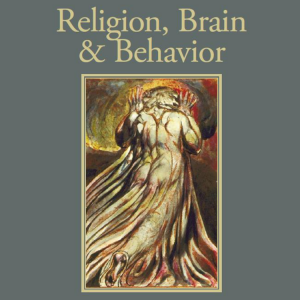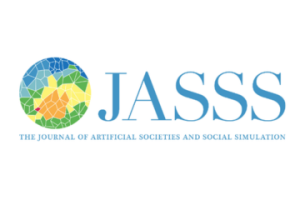Executive Director Wesley Wildman, Research Associates LeRon Shults and Saikou Diallo, Post-Doctoral Fellow Justin Lane and Co-Authors
Religion, Brain and Behavior
March 16, 2017
Abstract: This article outlines the development – and reports on the experimental findings – of two computational models designed to simulate the dynamic systems and behavioural patterns identified and clarified by research on terror management theory. The causal architectures of these models are informed by empirical research on the effects of mortality salience on “religiosity” (and vice versa). They are also informed by research on the way in which perception of personal and environmental hazards activate evolved cognitive and coalitional precautionary systems that can intensify anxiety-alleviating behaviours such as imaginative engagement with supernatural agents postulated within a religious coalition. The capacity of the models to produce emergent patterns and behaviours that are similar to the results of other empirical studies supports the plausibility of their causal architectures. After tracing some of the literature that supports the causal dynamics of our models, we present the two models, describe the experiments, and report the results. We conclude by discussing the importance of the findings, the limitations of the models, and directions for future research.



